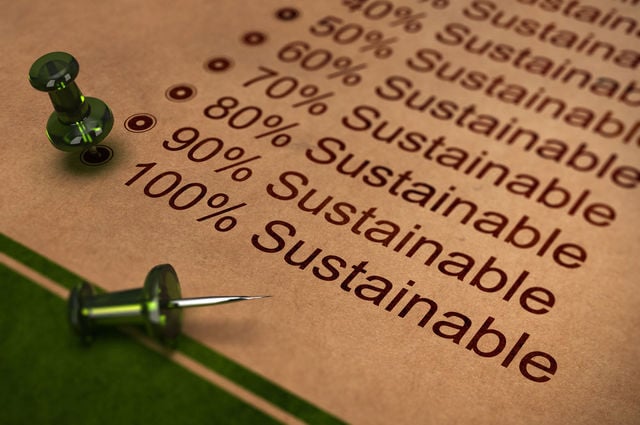How can sustainability be communicated beyond clichés and greenwashing?
31 experts shared their view
Both clichés and greenwashing are amongst the biggest traps to fall into when communicating sustainability. A "let's save the world" claim and tacky towel policy stickers are superficial and unappealing and could be a turn-off to the small group of environmentally and socially-conscious consumers. Green certification and lengthy, detailed corporate sustainability reports may (potentially) be of interest to a small niche group of highly activist consumers, who may not buy into that type of corporate hospitality in any case. However, there is a growing number of informed travelers: Those in search of genuine wellbeing and meaningful experiences at no (or as little as possible) cost to the planet. What works and what doesn't work in communicating sustainability? Any recommendations in regard to communication entering this critical decade?
Focus on intent, not just ticking the box. The ten main aspects are:
- Independent Sustainability Audits. Believing that travelers can be “hotelier's audits” is greenwashing itself. Involving travelers is an important part (CGC) but is not the solution.
- Sustainability Certifications & quality measures. Need to harmonizing the classification schemes from tourism (common rules). Sustainability data should be reflected in the classification system criteria.
- Education. Educate consumers with one global shared message (GTSC). Having a common standard that consumers will recognize.
- Consumer demand is controlled by online platforms. Thus, platforms have the responsibility to integrate real Environmental and Social criteria in the online customer journey. OTAs have recently integrated “green search”, but what KPI's are behind them? How can the consumer trust it? Conscious consumers need transparency. Wayaj, has an advanced travel carbon footprint calculator and footprint offsetting program. They provide information about environmental and social data with comprehensive and scientific sustainability hotel rating aligned with the SDG's.
- Shared value. Put employee and customer experiences first rather than the “asset management” priorities. Having bidirectional conversations with stakeholders is key to consumer trust.
- Sustainable Procurement. Ensure that, whether it is visibly or invisibly, operations are run sustainably in all the supply chains. Beyond certifying products (e.g building materials) a more holistic approach, including services that the company offers and spaces they use from other services.
- Data-driven. Choosing entities such as GRI, Science-based Targets, Bcorp. , Trucost, World Benchmarking Alliance, to report and measure companies' performance on the SDGs. Having real data in real-time and overcome resistance so we can bring the strategy to life.
- Prioritize the SDG's. Set realistic and achievable targets and strategies.
- CSO. Having a Chief Sustainability Officer (in SME's at least a HOD with a team, instead of Marketing/HR HODs). CSO, as one of its responsibilities, ensures that the communication plans (for b2b and b2c) are fundamentally based on environmental and social up-to-date data. Whether it is ESG's report for insurances, asset managers, investors, etc. or hotel listing information in distribution channels, social media, etc.
- Transparency. Avoid the “straw/toiletries story” or CSR marketing-driven campaigns. Educate and/or inform consumers with facts, not goals. When “do-goodness” is embedded in the company's DNA is easier to get communication practices right.


